Today I’m really excited to welcome Kia Zi Shiru is Off the Page talking about her new book Black Sheep.
 Kia Zi Shiru is a Dutch girl studying English and Creative Writing in the UK. Amongst her interests she finds writing, reading, doing research and learning different languages (including but not limited to: English, Dutch, French, German, HTML, Java, PHP and Assembly). Her writing and reading habits include books with Young Adults, gay themes, strong female or minority characters and fantasy elements (more often then not all at the same time).
Kia Zi Shiru is a Dutch girl studying English and Creative Writing in the UK. Amongst her interests she finds writing, reading, doing research and learning different languages (including but not limited to: English, Dutch, French, German, HTML, Java, PHP and Assembly). Her writing and reading habits include books with Young Adults, gay themes, strong female or minority characters and fantasy elements (more often then not all at the same time).
Find Kia online: Website Twitter Facebook
Thank you so much for letting me do a guest blog on your blog, Suzanne. Today I’ll talk a bit about a question that keeps coming up, why I write in English when Dutch is my mother tongue.
Until I started Black Sheep I didn’t really write in English at all, I almost exclusively wrote in Dutch. When I started with Black Sheep I hadn’t written for a few years and I had no project I wanted to work on. The original first chapter was very awkward and has been rewritten quite a few times but my lack of English skill never stopped me from working on it.
Before I started writing Black Sheep I had been reading a lot of original fiction online and all in English. I had become part of the community in a way and I wanted to contribute to it. Even though I didn’t really trust my skill of English I also couldn’t just write in Dutch. If I’d write in Dutch no-one would understand or read me, which I didn’t want to. So the choice was simple, I tried my best and started writing in English.
The first while this was hard, I often had to get a dictionary and look words up, and that my beta reader only introduced errors to my story more often than not didn’t help much either. But bit by bit my English improved. I kept reading a lot of stories and writing Black Sheep. I even think it’s the persistent working on Black Sheep that got my level high enough that I could get into a UK university.
What I didn’t do until the beginning of 2011 was read books in English. I mostly read English from a screen (unless they were books for university, but even those I didn’t finish that quickly). Even though my skill of writing English had gotten pretty good my concentration level when reading an English book was severely lacking. I think getting my kindle in early 2011 and reading a lot of English books on it has improved that greatly.
Which you can see in Black Sheep. I did quite a bit of editing on Black Sheep: Letting go of the Past before I sent it to my editor. A lot of it was style changes that I hadn’t really mastered back when I rewrote Black Sheep for the last round. And I think it worked out pretty well.
There is one thing though that keeps betraying my non-Englishness, my vocabulary and slang don’t match up. I read a lot of British works and also interact with a lot of Brits when I’m at uni (duh). But I use a lot more American slang than British slang because I learn most of my slang online or from tv series. This confuses people quite often and I even have people that tell me to choose one of the two, to not combine them so much.
The fun part? I don’t know what parts of my slang or vocabulary are British or American. Because I learned English with a mixture of both I have no clue what is what (apart from some of the obvious spelling differences) and that shows in my writing. I think this might annoy some Brits or Americans but, on the other hand, I’m not English and I’m not afraid to show it. I learned English only as a foreign language and am still learning the intrigues of it all.
Is it worth it? YES. It is totally worth it. I’m also an advocate of not making people choose between the two “types” of English and just let them write the way they are comfortable. People should broaden their mind and remember that not everybody speaks their language as a first language. I don’t make a problem out of it when I read Flemish instead of Dutch, so why is there such a strong opposition to one or the other “type” of English? I don’t get why some people can get so up in arms that you should write one type of English and done ever use words, or spelling, or slang from the other type. Quite a few people who read their books will probably be like me. They will be people for who English is a foreign language and they don’t really see the difference between the two.
I originally chose to write in English to be able to reach a larger public than I would if I had written in Dutch. Through the years it has become more for me though. It has become a gateway to an university course, it lets me interact with people who have a better grasp of English than I do and also, I can share my love for my characters with people who might not just speak one language. They might not see my book as “wrong” because I don’t stick to one type. They just see something that they like to read.
But most of all, I hope that someone who isn’t American, British, Australian or Canadian or from anywhere where they speak English as a first language will read my book and think “She did it, so I can do it too.” I hope that more writers who come from non-English countries stand up and tell their story. Writing a book in English yourself is always better than having someone translate it for you. And that is also partly what it is about, pride. I did this, I wrote this, I can do this.
 Trying to rescue her son from a destructive environment, where the end of his last relationship almost ended in tragedy, Vic’s mother decides to move them all to a new town. Vic, glad at being able to start anew, takes the chance to create an image that would make his last two years of high school a lot easier.
Trying to rescue her son from a destructive environment, where the end of his last relationship almost ended in tragedy, Vic’s mother decides to move them all to a new town. Vic, glad at being able to start anew, takes the chance to create an image that would make his last two years of high school a lot easier.
But that plan is sabotaged when his new best friend, Jack, kisses him on New Year’s Eve, something Vic has been longing for and dreading in equal measure. Vic knows being gay in high school can be hell, and he’s scared sweet and innocent Jack won’t be able to handle him, or his past. It scares him more than anything now that his past has come back to haunt him, metaphorically and literally.
Vic tries to hide the horror of his past as long as possible, knowing that when Jack finds out what happened he will leave him.
As Vic takes a turn for the worse everybody but him realises how strong Jack and his love for Vic actually are. But is that enough for Vic to move on?


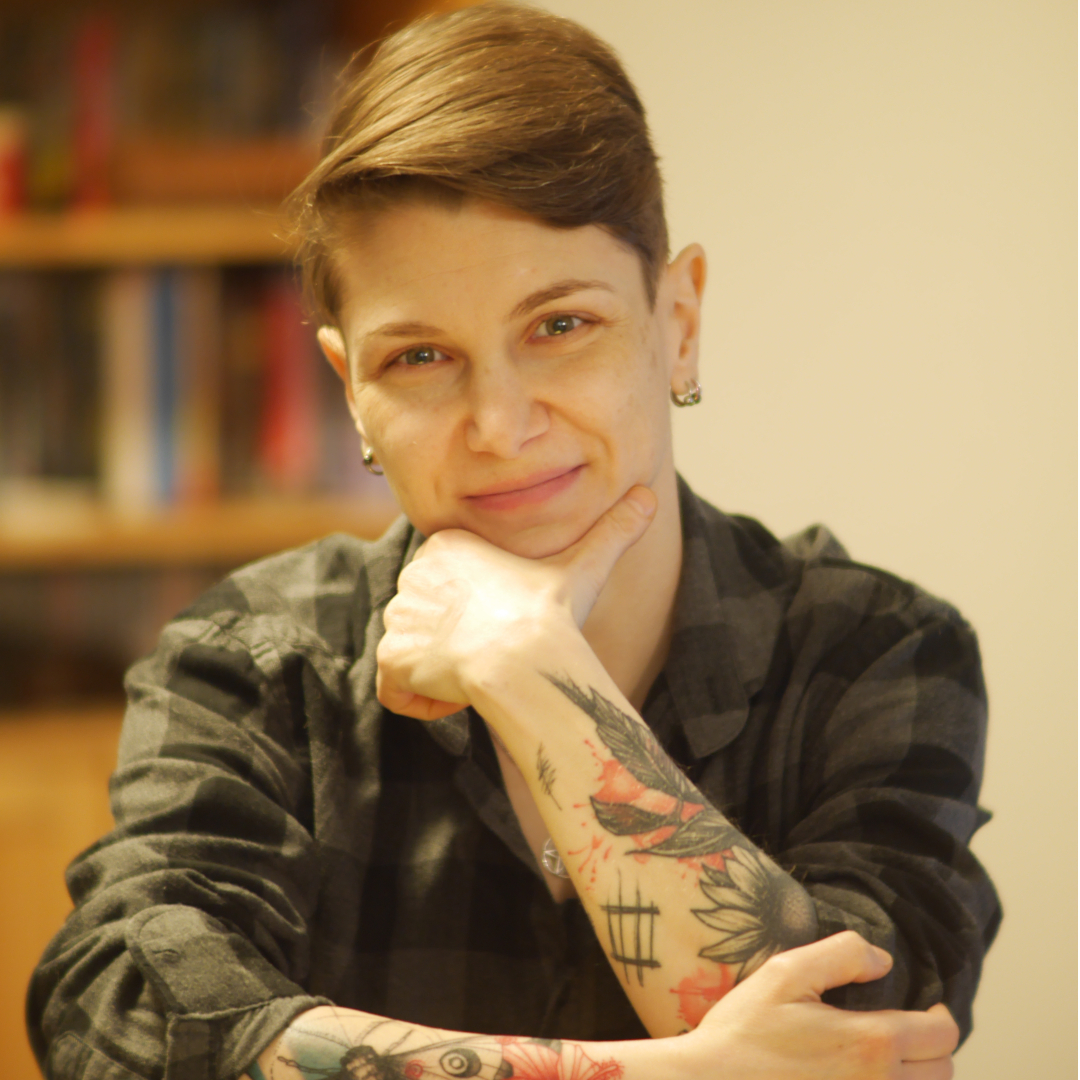

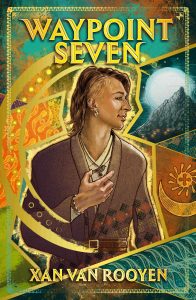
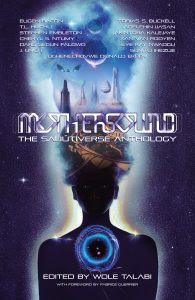
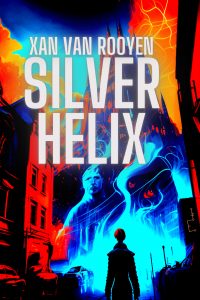
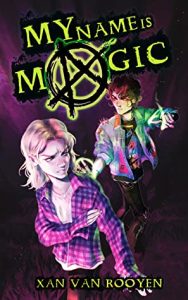
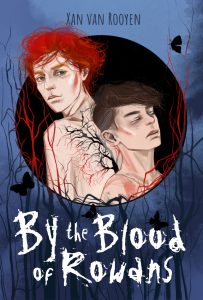

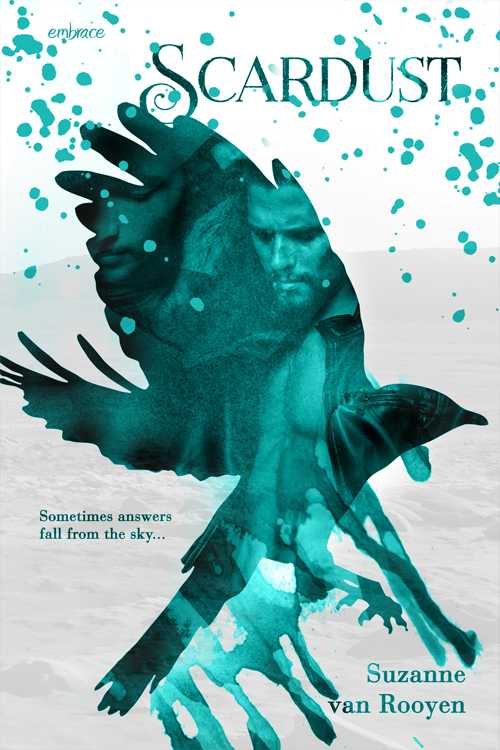
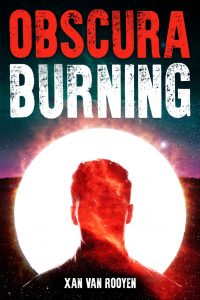
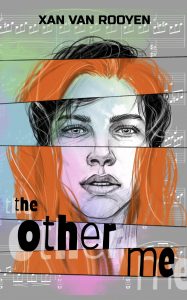

Pingback: Holidailies 23: Final Blog list for Black Sheep tour « Kia's blog()
Pingback: Suzanne van Rooyen » Blog Archive()
Pingback: Suzanne van Rooyen » Blog Archive » Author Interview with LGBT YA Author Kia Zi Shiru()